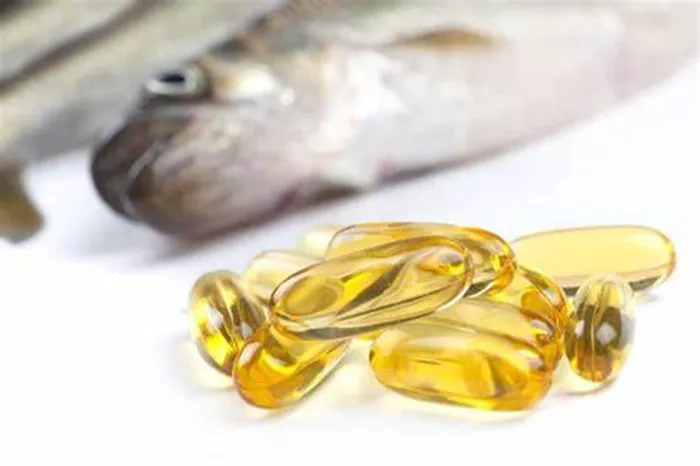Beta glucan is a naturally occurring polysaccharide that has gained significant attention in the skincare industry for its numerous benefits. Derived from various sources such as yeast, fungi, oats, and seaweed, beta glucan is known for its ability to enhance skin health through its moisturizing, soothing, and anti-aging properties. This article delves into the science behind beta glucan, its applications in skincare, and why it is becoming a staple ingredient in beauty products.
Beta Glucan
Beta glucan is a type of soluble fiber composed of glucose molecules linked together in a specific way. It is primarily found in the cell walls of yeast, bacteria, fungi, and certain grains like oats and barley. The unique structure of beta glucan allows it to interact with the immune system and skin cells effectively.
When applied topically, beta glucan acts as a humectant, attracting moisture to the skin and forming a protective barrier that helps retain hydration. This characteristic makes it particularly beneficial for individuals with dry or sensitive skin.
The Benefits of Beta Glucan in Skincare
1. Moisturizing Properties
Beta glucan is an excellent moisturizer due to its ability to hold water and create a hydrating film on the skin’s surface. This helps prevent moisture loss and keeps the skin plump and hydrated.
2. Soothing Effects
Known for its anti-inflammatory properties, beta glucan can help reduce redness and irritation associated with various skin conditions such as eczema and rosacea. It calms the skin and promotes healing.
3. Anti-Aging Benefits
Beta glucan stimulates collagen production, which is essential for maintaining skin elasticity and firmness. Regular use can help minimize the appearance of fine lines and wrinkles.
4. Wound Healing Properties
Research has shown that beta glucan can accelerate wound healing by promoting cell regeneration and repair. This makes it an ideal ingredient for post-procedure skincare regimens.
5. Antioxidant Activity
As an antioxidant, beta glucan helps combat free radicals that contribute to skin aging. By neutralizing these harmful molecules, it protects the skin from environmental damage.
6. Enhancing Skin Barrier Function
Beta glucan strengthens the skin’s natural barrier, making it more resilient against external aggressors such as pollution and UV radiation.
How Beta Glucan Works in Skincare
The efficacy of beta glucan in skincare can be attributed to its molecular structure. Its large size allows it to form a protective layer on the skin, while smaller fragments penetrate deeper into the dermis to provide hydration and stimulate collagen synthesis.
When applied topically, beta glucan interacts with skin receptors that trigger immune responses, promoting healing and reducing inflammation. This dual action—providing surface hydration while also working at deeper levels—makes it a versatile ingredient suitable for various skin types.
Sources of Beta Glucan
Beta glucan can be sourced from several natural ingredients:
Yeast: Commonly used in baking and brewing, yeast-derived beta glucans are highly effective for skincare.
Oats: A popular ingredient in many skincare products, oat beta glucans are known for their soothing properties.
Seaweed: Marine sources provide unique forms of beta glucans that offer additional benefits due to their mineral content.
Mushrooms: Certain mushrooms contain potent beta glucans that enhance their antioxidant properties.
See Also: What Is Retinol Used For In Skin Care?
Incorporating Beta Glucan into Your Skincare Routine
To reap the benefits of beta glucan, consider incorporating products that list it as a key ingredient. Here are some tips for integrating beta glucan into your skincare regimen:
1. Choose Suitable Products
Look for serums, moisturizers, or masks containing beta glucan. These formulations often highlight its soothing and hydrating properties.
2. Layering
Apply beta glucan products after cleansing but before heavier creams or oils to maximize absorption.
3. Post-Procedure Care
Use beta glucan-infused products following treatments like chemical peels or laser therapy to aid recovery.
4. Daily Use
Incorporate beta glucan into your daily routine for ongoing benefits; consistency is key to seeing results over time.
Potential Side Effects
Beta glucan is generally considered safe for topical use; however, individuals with allergies to yeast or oats should exercise caution when using products containing these ingredients. Always perform a patch test before applying new products extensively.
Conclusion
Beta glucan stands out as a multifunctional ingredient in skincare due to its impressive range of benefits—from moisturizing and soothing to anti-aging effects. As more consumers seek out effective yet gentle solutions for their skincare needs, beta glucan’s popularity is likely to continue growing in the beauty industry. By understanding what beta glucan is and how it works within skincare formulations, individuals can make informed choices about their beauty products and enjoy healthier, more resilient skin.
Related Topics
What Is The Purpose Of Salicylic Acid In Skincare?



































